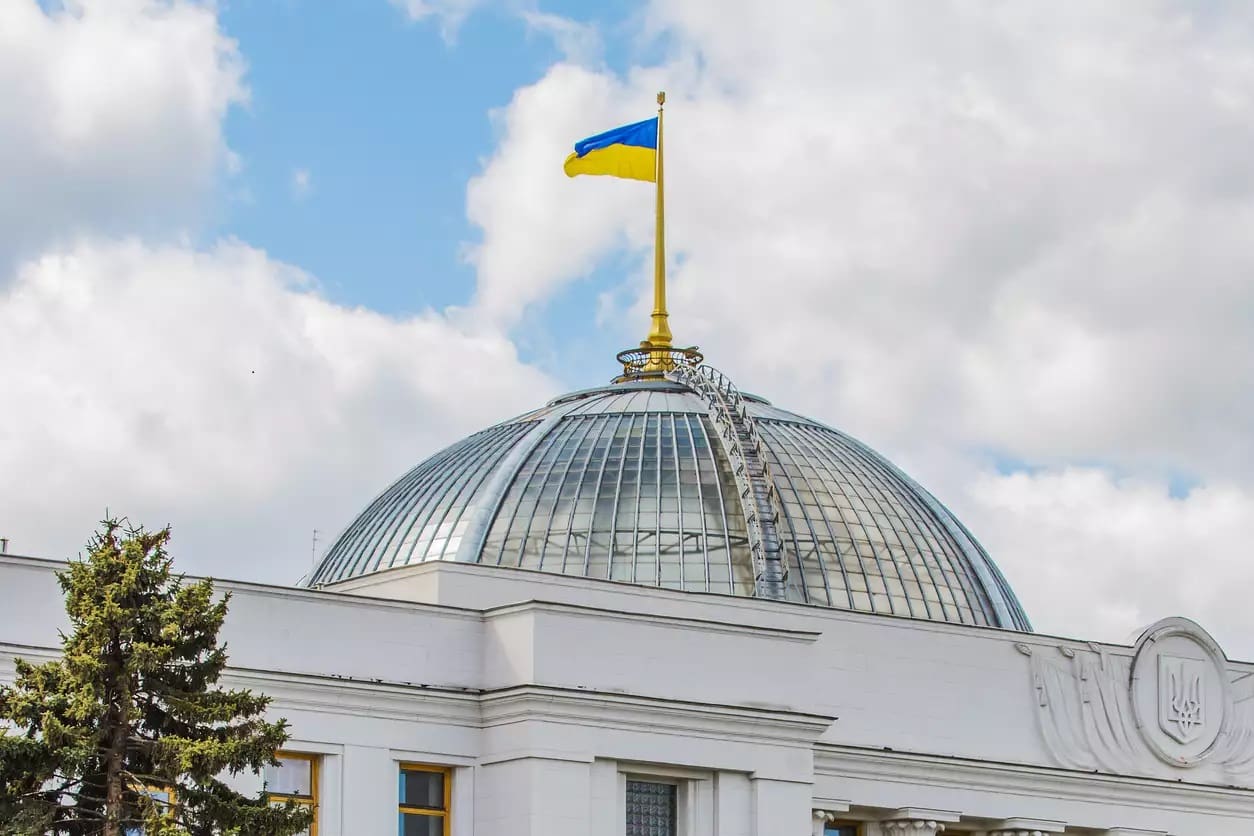According to recent reports based on an article authored by Kárpáti Igaz Szó, a Transcarpathian Hungarian news website, Ukraine is about to make amendments to its restrictive regulations surrounding the status of minorities in the country. Apparently, a new draft has been submitted, the aim of which is essentially to modify the 2017 education law, the 2019 language law and the document regulating the rights of national communities from December 2022. The draft proposal has been sent to the ethnic Hungarian interest protection groups for their opinion, Kárpáti Igaz Szó reported.
If passed, the law would potentially guarantee minority rights to communities where a certain ethnic group makes up at least 15 per cent of the population, as well as abolish quotas for teaching Ukrainian in schools of ethnic minorities. The new draft has been reported to be influenced by the Report of the Venice Commission of the Council of Europe, which criticized the legislative framework that regulates the rights of Ukrainian ethnic minorities.
The new legislative proposal was submitted to the Rada on the 24 November under the name that translates as ‘Draft Law on Amendments to Certain Laws of Ukraine Taking into Account the Expert Assessment of the Council of Europe and Its Departments on the Rights of National Minorities (Communities) in Certain Spheres’ (Ukr. ‘Проект Закону про внесення змін до деяких законів України щодо врахування експертної оцінки Ради Європи та її органів щодо прав національних меншин (спільнот) в окремих сферах’). It has not been adopted yet and is currently being examined.
According to what Hungary Today and Kárpáti Igaz Szó suggest, at first glance, the draft indeed seem to intend to significantly amend earlier restrictive laws in favour of the minority populations, including the Hungarian minority in Ukraine. The draft is an eight-page-long paper that concerns
ethnic groups that have continuously lived on the territory of Ukraine for more than 100 years and constitute at least 15 per cent of the population on a given territory
—the Hungarian minority in Transcarpathia meets with these criteria. For these groups, the new draft offers an expansion of their native languages’ sphere of use, including such realms as advertisements, local elections, newspapers and, last but not the least, education, a matter that has been an incredibly problematic point between Ukraine and its neighbours in the last years. The legislative proposal ‘guarantees the right of usage of the mother tongue’ in the secondary education for minorities ‘whose languages belong to the official languages of the European Union’.
The restrictiveness of the current legislation is demonstrated by the fact that as of now, Ukrainian politicians, including local mayors, are not allowed to use any other languages else than Ukrainian when speaking in an official capacity.
The proposal, however, does not say anything about how the new initiative would actually be implemented in practice, but it has to be acknowledged that on paper, it looks like a favourable improvement. Moreover, the draft proposes amendments to other smaller laws as well, with the intent of improving the minority languages’ status. If adopted, the legislative climate would become more favourable to minorities, but professional legal analysis on the part of European institutions is yet to be published.
With the prospect of Ukraine’s accession to the European Union now on the horizon, Kyiv has shown readiness to change its discriminating minority laws to more liberal ones. However, the previous legal attempt, which manifested itself in a law titled ‘On Amendments to the Law of Ukraine “On National Minorities (Communities) of Ukraine” regarding some issues of exercising the rights and freedoms of persons belonging to national minorities (communities) of Ukraine’ (ukr. ‘Про внесення змін до Закону України “Про національні меншини (спільноти) України” щодо деяких питань реалізації прав і свобод осіб, які належать до національних меншин (спільнот) України’) has been largely deemed a failure. The Centre For Eastern Studies dubbed the contents of the law ‘The Changes that Change Nothing’, whereas the Federal Union of European Nationalities (FUEN) criticized it as something that hinders the usage of minority languages even more:
‘Evaluating the amendments makes it obvious that the right to use the language in the public is further constrained since the mother tongue may be used only at events organised for members of national minorities, while the earlier version referred to events organised by the national minorities… Ukraine should consider a law on minorities not only as a requirement for its accession in the EU, but as a real chance to improve the situation of many of its citizens and to foster collaboration between majority and minorities and to create the conditions of long-term stability.’
Comparatively,
the new draft is, without a doubt, a significant improvement over this last initiative,
which was heavily criticised by both Budapest and Bucharest, as Hungarian Conservative also reported.
There is, however, one striking issue that suggests that regrettably, Ukraine still views a solution of the minority question only as the means of acquiring EU membership. The draft concerns only the recognized nations of the EU, intentionally excluding Russians and Russian speakers. This is especially grotesque given that oftentimes the members of the Ukrainian Armed Forces, the very fighters that serve as a bulwark against Russian aggression, communicate on the front lines using the Russian language— using the same language as the aggressor does not prevent people from fighting and risking their lives for protecting their Ukrainian homeland.
In other words, the problem with the legislation is not just that it discriminates against Russians or any other ethnic group, but that it underscores the fact that Ukraine has still not overcome what is a perversely understood sense of nationalism. As long as tinkering with minority legislations is only for achieving political goals, such as joining the EU, and not with the intent of achieving real change and the creation of a country that regards its ethnic minorities as fully equal citizens, concerns about Kyiv’s minority policy will not dissipate.







